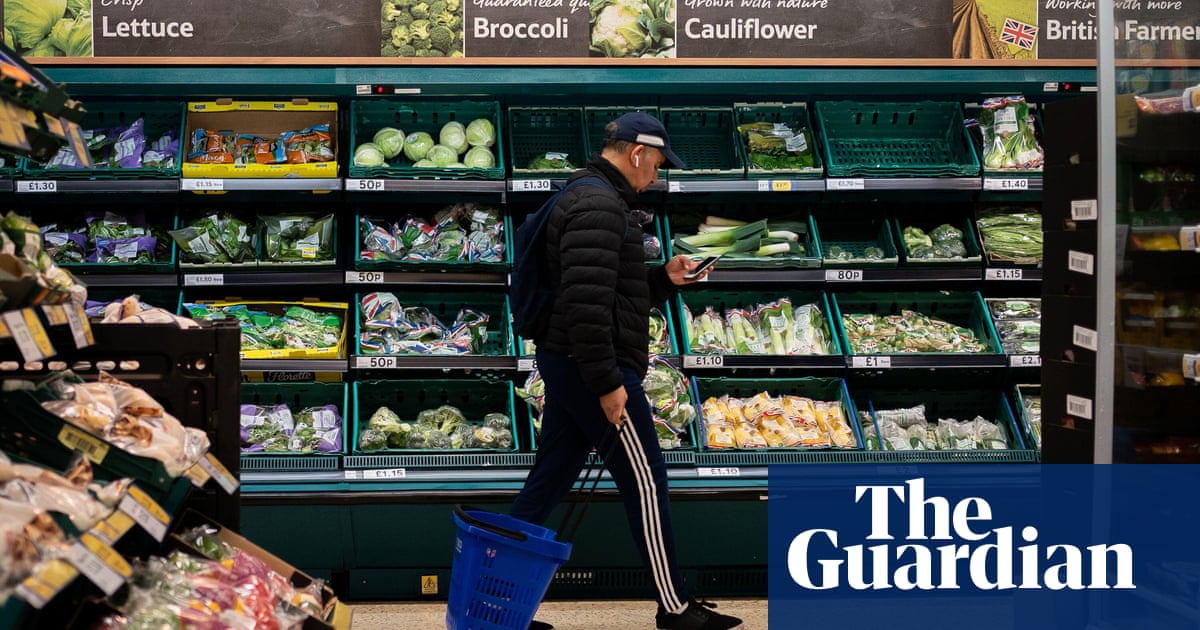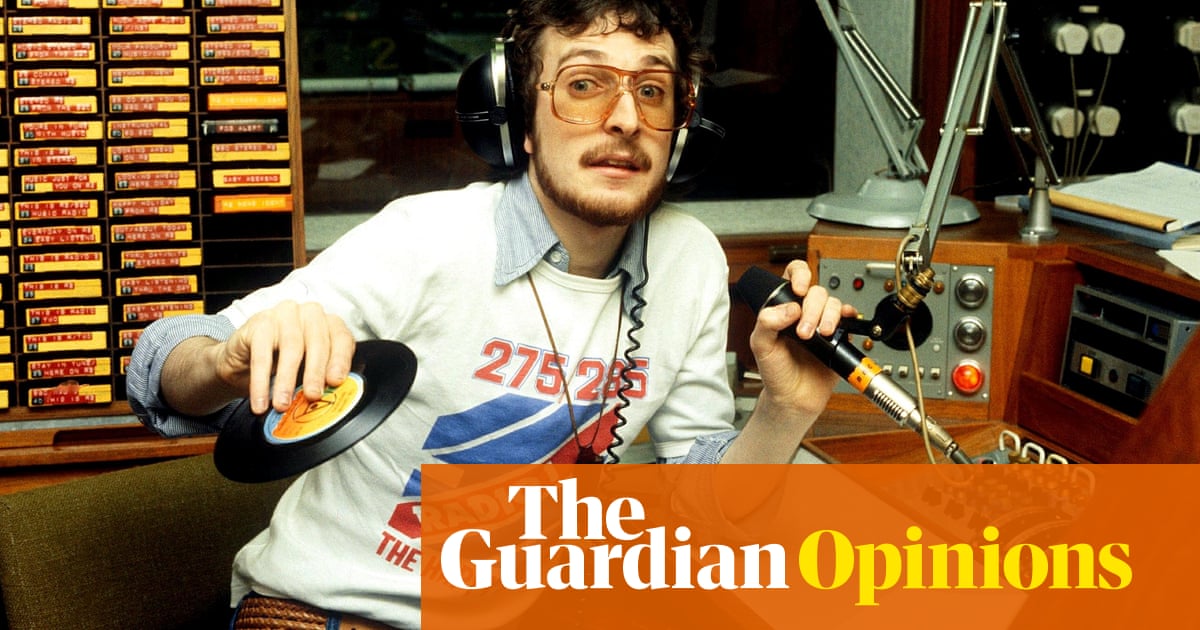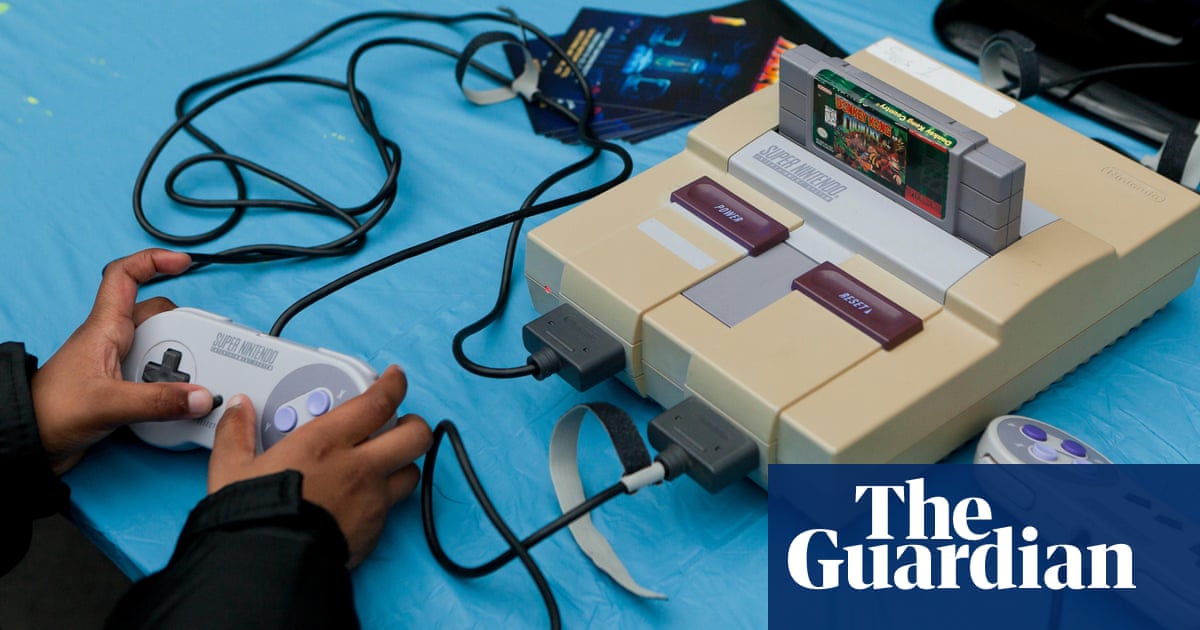
or many of us, it was the soundtrack to our childhood. The opening riff of Led Zeppelin’s Whole Lotta Love still inspires an atavistic excitement in full-grown adults decades on. On Thursday – and later Friday – evenings, warbling singers and preening boybands would be beamed into homes across the nation as we waited to see which artist would take that week’s coveted No 1 spot. But in 2006, after years of falling ratings, Top of the Pops was cancelled. As music and TV streaming fractured our collective viewing habits, the singles chart started to feel like an irrelevance and, therefore, so did TOTP.
And yet, 15 years after being sent to the great spandex factory in the sky, TOTP continues to enchant. The show has been repeated on Friday nights on BBC Four throughout the pandemic. “Everyone is nostalgic for Top of the Pops,” says BBC music TV commissioner Jan Younghusband, “because for so many of us growing up, it was the only way you could hear and see the acts and music you loved. And the reason that the reruns of Top of the Pops are so successful now is because the archive is extraordinary. It’s like a complete history of popular music.” Viewing figures are robust, hovering at the 375-500,000 mark, in addition to 3.6m streams on iPlayer in 2020 alone.
“At the moment The Righteous Brothers are No 1,” says Oli, a 41-year-old public sector worker from east London. “On the show, there’s only one brother. It’s really weird.” Oli is in a WhatsApp group with 10 other Top of the Pops fans. Every Friday, he sits down with “a fancy beer” and cues up that week’s Top of the Pops rerun. (The episodes are being aired chronologically – at the time we speak, it is currently the year 1991.) “There are two of us who know everyone,” says Oli, “The rest aren’t good friends, but we’re all interested in pop culture.” They rang in the new year by watching the 1995 special together.
The group watch the show simultaneously and discuss the performances in real time. “Sometimes there are 800 or 900 messages in the WhatsApp chat,” he says. In true pundit style, the group has acronyms to describe performances: UC (unnecessary cover), DNR (do not remember) or IFU (inferior followup). They also have favoured presenters. “We are really keen on Simon Mayo and Mark Goodier,” says Oli. “They are probably the gold standard. Simon Mayo is genuinely funny, and Mark Goodier seems to care about music.” When Bruno Brookes and Anthea Turner are on, “we really cringe”.
Part of the reason these reruns are so successful is because they capture the magic of what was once a truly iconic show, one that still has a powerful grip on the popular psyche. “You remember the weird things,” says former host Jayne Middlemiss. “Interviewing Mariah Carey in her dressing room and her answering the door in rollers. We sat down and had a proper girlie chat. She was the opposite of all the stories about her.”
Shania Twain was one unlikely diva, remembers executive producer Chris Cowey. “She turned up with a massive entourage and tried to take over the show, as did Beyoncé’s dad when he was managing her.”
Cowey reserves his fiercest ire for the band 5ive, who stopped mid-performance because they didn’t like a video background projecting behind them. “They said, ‘We don’t like it,’” he remembers, “‘it makes us look like a boyband. I said, ‘What the fuck do you think you are?’ I almost threw them out of the studio. Their manager apologised every time they were on.”
Cowey also accidentally suffocated house music pioneer Kym Mazelle with a petal drop gone wrong. “Unfortunately the aperture that dropped the petals opened too far,” Cowey recalls, “she put her head in the air to do the high notes, opened a mouth, and a bunch of petals went in her mouth.”
TOTP reruns are a concentrated blast of nostalgia, evoking the sounds and textures of childhood. “I remember dashing home from school, getting homework done so I could watch the show,” says Younghusband. For many of us, these reruns are like being teleported back to a time that – in this pandemic era – seems impossibly bittersweet and worry-free. “With the lockdown,” says former Top of the Pops producer Ric Blaxill, “people are watching things that remind them of happy times. There’s a comfort in that, to a lot of people.”
Watching thrusting pop stars lip-sync to an audience of clammy fans also feels as close to a nightclub as any of us are likely to experience, at least until 21 June. “The group has been about connecting with other people,” says Oli. “It’s really good fun. It’s a bit like going to the pub after work on a Friday. I look forward to it all week in a way I never thought I would before lockdown.” Oli was 11 in 1991, and revisiting the shows of his childhood has an emotional quality. “I’ve been thinking about being young quite a lot during lockdown,” he says. “There’s a comfort in watching the old shows and speaking to friends about them. That’s a huge part of it.” Since he started watching the repeats religiously, Oli finds himself listening to throwback music when out on runs.
The diversity of performers on offer was always crucial to the show’s popularity, says Blaxill, and a key reason why audiences enjoy watching reruns all these years on. “What was so unique is that it wasn’t genre-driven. You could have a rock band next to a boyband next to Madonna. It was the eclectic nature of the show that made it appealing.”
Interest in these reruns may wane as they approach the show’s final years. Towards the end, Top of the Pops was not the show it once was. In the 1990s and 2000s, viewing figures began to flag. Tim Kash, formerly of MTV, was brought in to sex up the show in 2003, but executives decided that wasn’t working and brought in Andi Peters, who “turned it into a children’s karaoke pop show”, says Cowey. He describes TOTP’s decline as “like watching someone else sleep with your ex. I couldn’t watch.” When the show came off air in 2006, Cowey took no pleasure in it. “It was really sad,” he says, “but inevitable that it was put out of its misery.” Will fans want to watch the show in its Norma-Desmond-on-Sunset Boulevard years? Possibly not.
For his part, Oli is determined to continue watching the reruns on Friday evenings, even as the UK gradually emerges from lockdown and ordinary weekend activities once again become an option. “We probably will keep watching it,” he says. “Most of us have children and we won’t be going out on a Friday night. We may not do it every week but we will definitely carry on.” For this devoted group of Top of the Pops acolytes, it will always be a specific week of 1991 in a corner of their brains – until the clock ticks forward, and a new cohort of lip-syncing pop stars from a bygone era come to take the spotlight.












